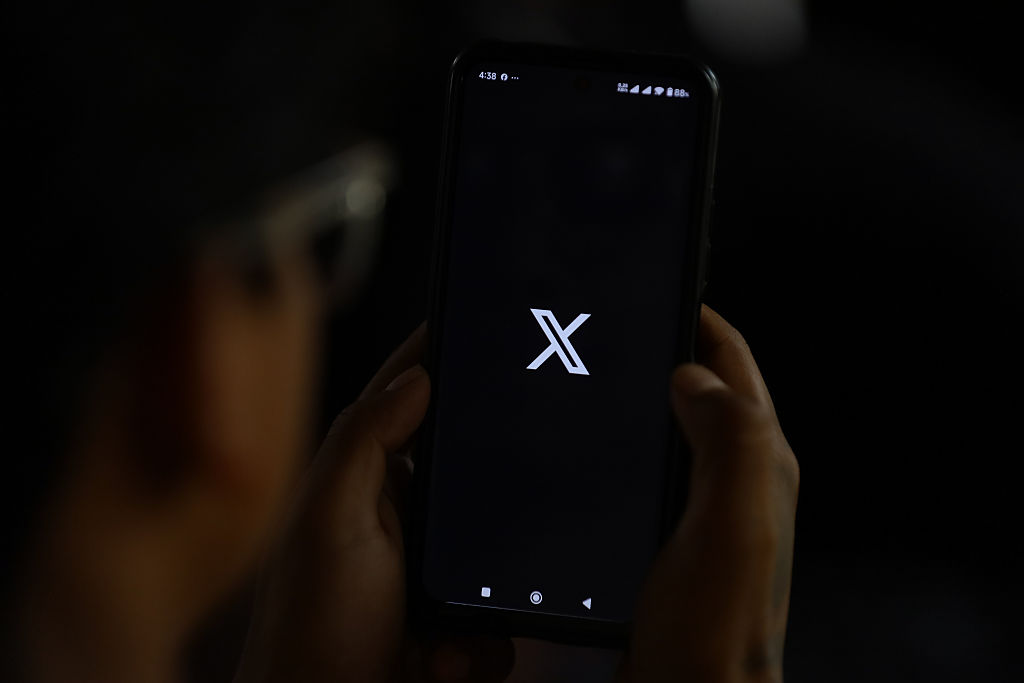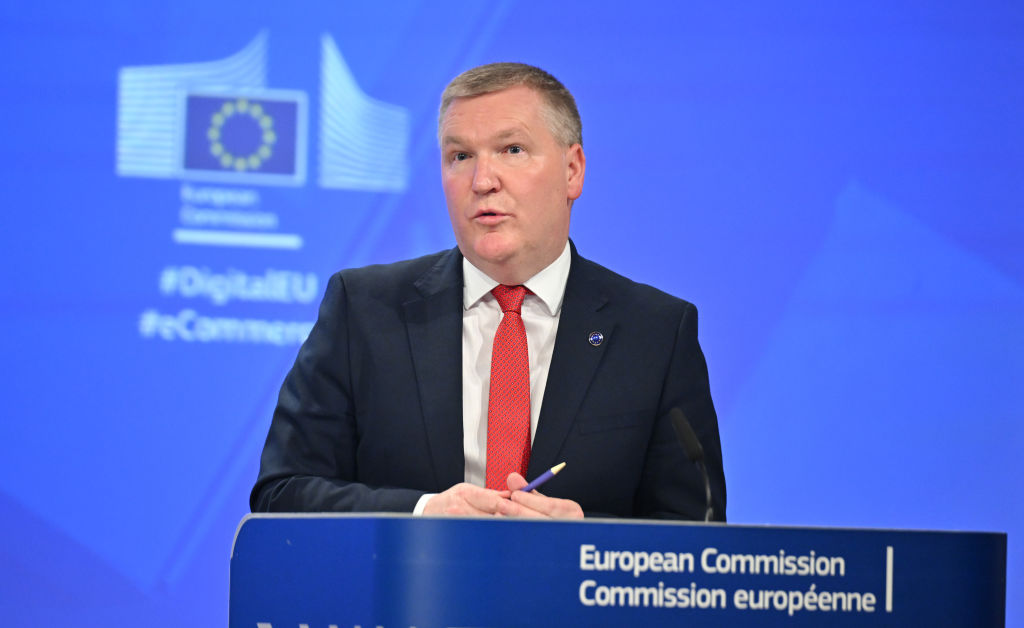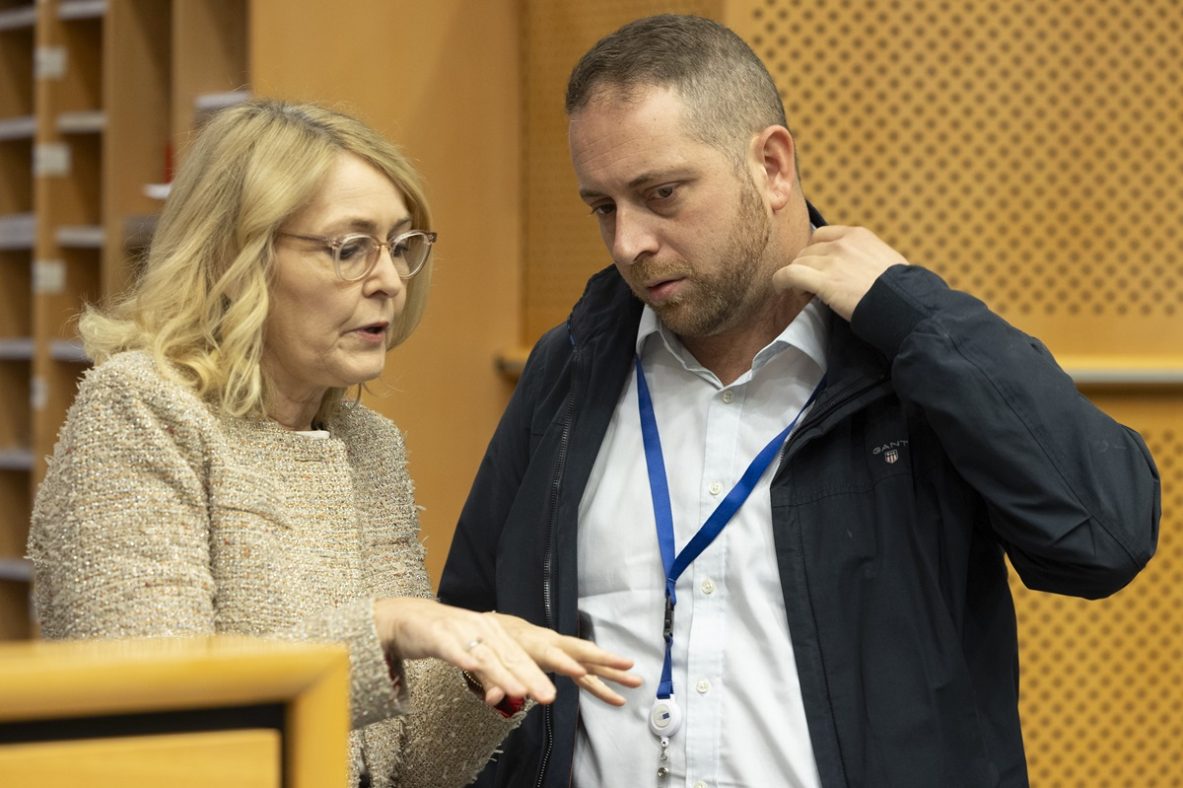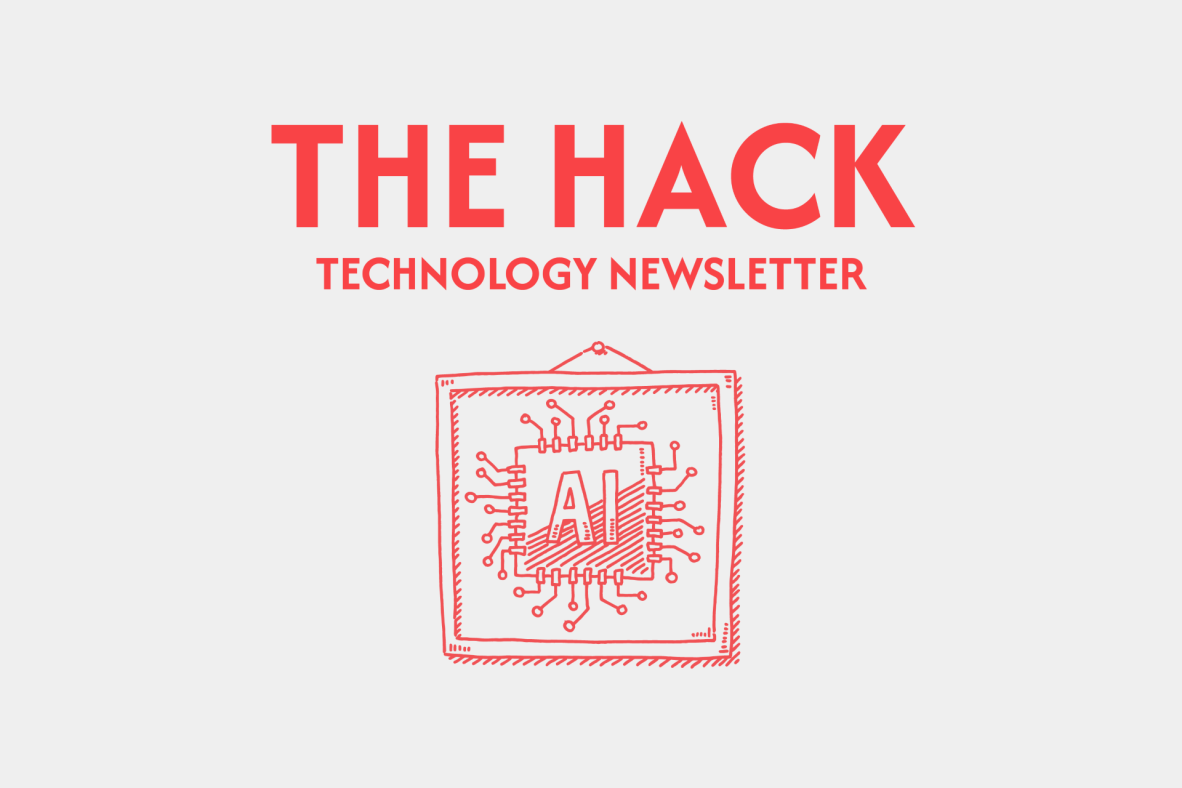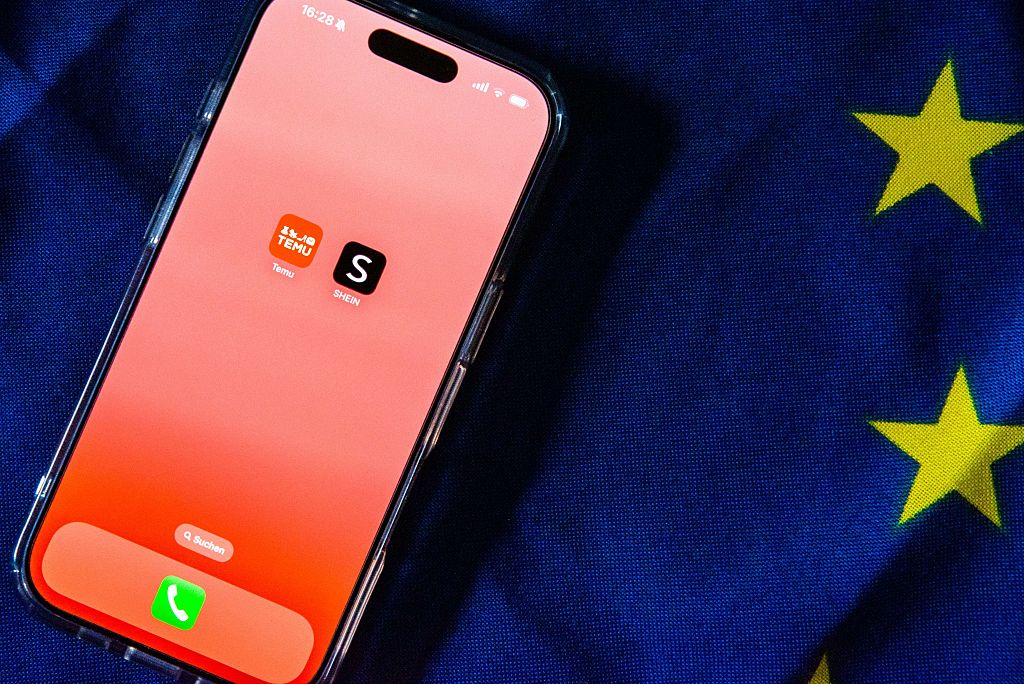Meta and TikTok broke EU rules on data access for researchers
Meta's processes for reporting illegal content and informing users about content takedowns were also found to have breached the EU's Digital Services Act
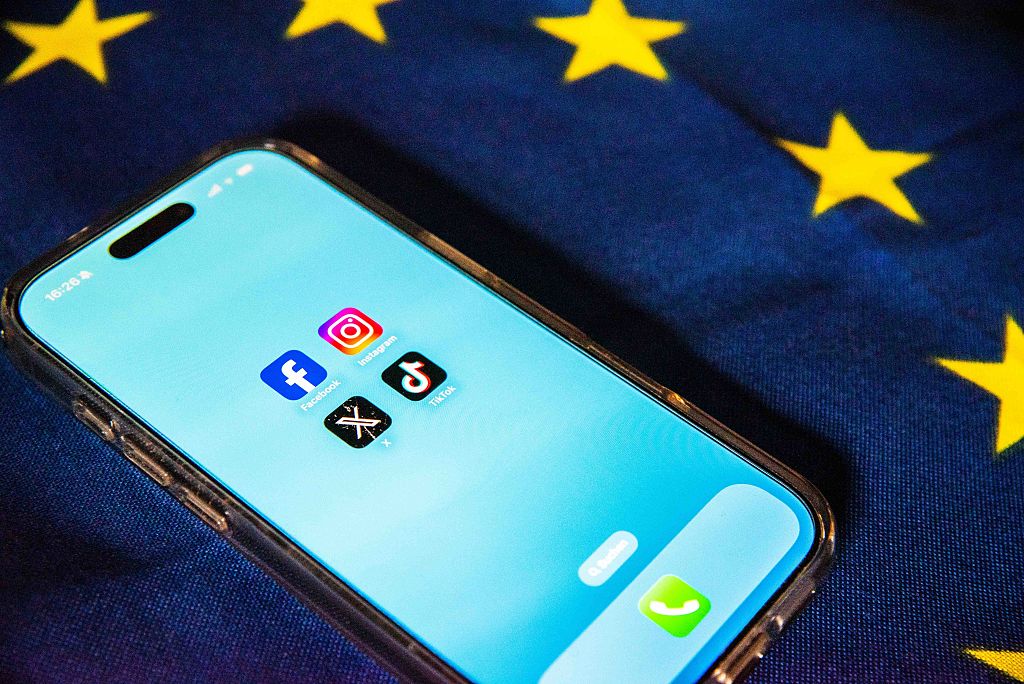
The European Commission has found that social media giants Meta and TikTok breached data access obligations under the bloc’s Digital Services Act (DSA), it announced on Friday.
Both Meta, which owns Facebook and Instagram, and TikTok were found to have preliminarily broken rules aimed at ensuring that they grant researchers access to public data on their platforms.
Separately, Meta’s Instagram and Facebook have breached the DSA’s rules for “Notice and Action” mechanisms. The platforms’ provisions for reporting problems with content were not user-friendly enough. Meta was also found to have used so-called “dark patterns” – aka deceptive design practices banned under the DSA – which, the Commission said, could dissuade reports.
Meta also failed to comply with DSA rules on how it should handle user complaints against its content decisions, per the Commission’s preliminary findings.
The Commission opened a DSA probe into TikTok back in February 2024, while it’s been formally probing Meta since April 2024.
Both companies now have the chance to respond to the findings, but should today’s decisions be confirmed by the Commission, they could face fines of up to 6% of their global turnover.
A TikTok spokesperson told Euractiv the company is reviewing the Commission’s findings, but raised concerns that the DSA’s data access requirements are in tension with the bloc’s General Data Protection Regulation, urging regulators to “provide clarity on how these obligations should be reconciled”.
Both blocking researchers’ data access
Both companies were found to have failed to comply with DSA rules requiring that they support researchers in accessing platform data. The Commission said that Facebook, Instagram, and TikTok placed “burdensome” requirements on researchers seeking to access data.
“This often leaves them with partial or unreliable data,” it added in a press release.
The unlawful friction in the data-request process made it harder for researchers to determine whether users are exposed to illegal or harmful content, the Commission suggested.
The EU’s executive also clarified the conditions under which certain researchers can be “vetted” – meaning they can request access to internal platform data – via a delegated act that comes into effect next week. The Commission said these “new possibilities” will grant non-public data from large platforms (so-called VLOPs) to vetted researchers.
Meta’s dark patterns
On the finding that Meta’s platforms were flouting the DSA by not providing an accessible “Notice and Action” mechanism for users to flag illegal content, the Commission said Facebook and Instagram’s mechanisms contained dark patterns that rendered the process of flagging illegal content for removal ineffective.
Meta was also found to have breached the DSA appeal procedure. The Commission said Facebook and Instagram did not appear to have provided users with adequate explanations when their content or accounts were taken down.
A Meta spokesperson told Euractiv that it disagrees with the Commission’s findings, but said the company would continue to engage with the EU’s process. It added that it believes platform changes it made after the DSA came into force are compliant with the law.
(nl, aw)
UPDATE: Updated at 13:35 on October 24 to include responses from Meta and TikTok
